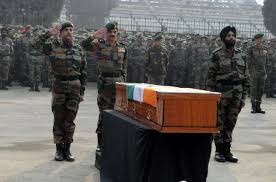
It’s time to act and fix ailing UNSC: India’s envoy in UN
Today, we stand on the cusp of selecting the 9th Secretary General of the UN. The last report of Secretary General Ban ki-Moon contained in A/71/1 on the Work of the Organization is, therefore, an appropriate inflection point to examine what are the main challenges that face us and what are the means and mechanisms to mend. These are not simple issues nor are they small in number. However, due to paucity of time I will focus on just three examples relating to peace and security that are emblematic of the problems we face.
Read More








